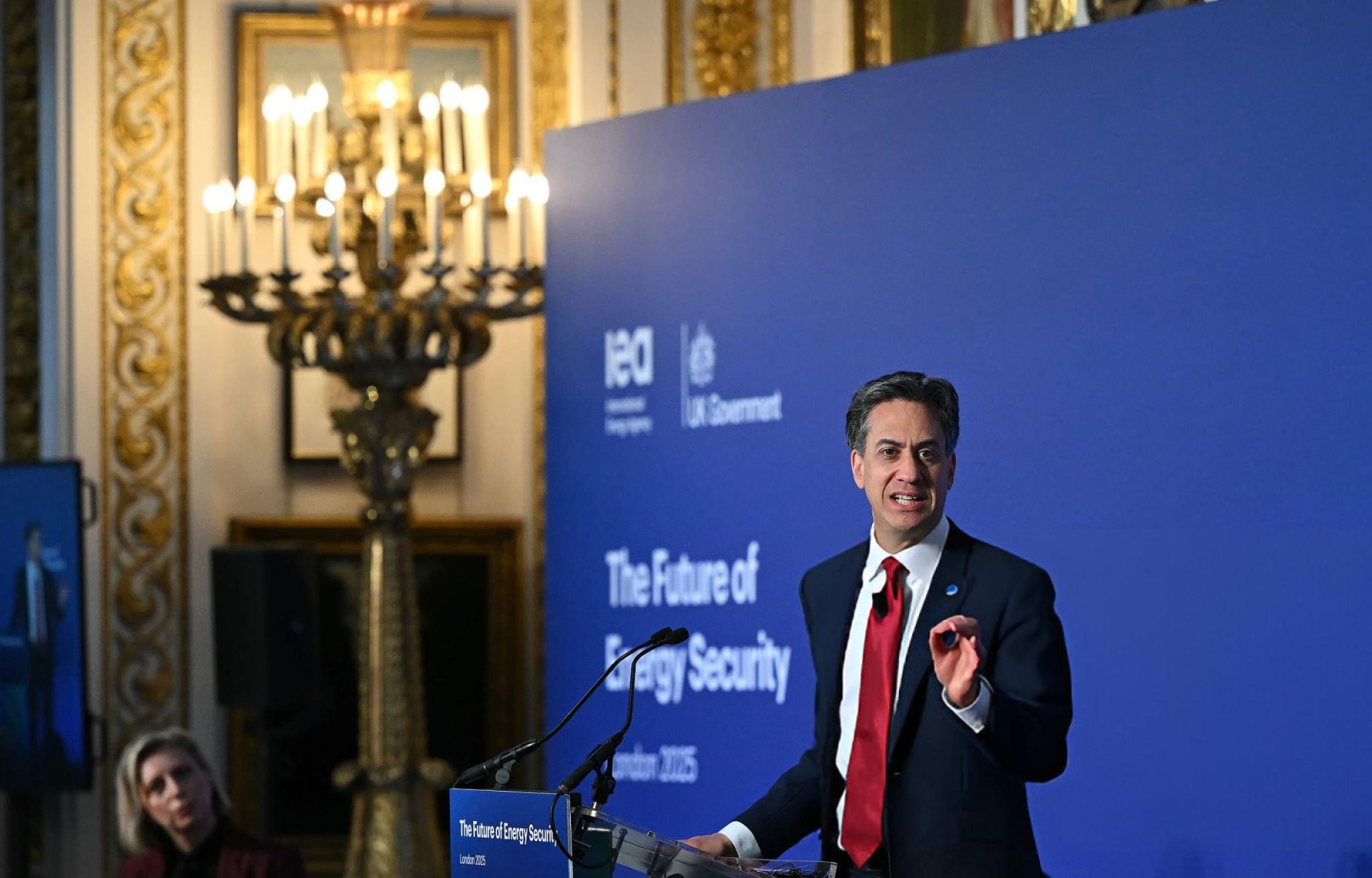Britain’s households can finally look forward to a bit of respite this summer as the energy price cap is set to fall by around 7% in July — a saving of approximately £129 per year for the average household. In a time where the cost of living remains a pressing concern, this is undoubtedly welcome news.
Ed Miliband, Secretary of State for Energy and Net Zero, says the reduction is a step in the right direction — but insists there is still much to do.
“Energy bills have been far too high for far too long,” Mr Miliband told The Standard. “This cut offers relief, but we cannot be complacent. Families and businesses across the country have been pushed to the brink by energy costs driven by volatile fossil fuel markets.”
He argues that only by ending our dependence on fossil fuels — and the petrostates that dominate global energy pricing — can Britain secure long-term affordability and security.
“Fossil fuel shocks have caused half of our recessions since the 1970s,” he explained. “And the impact of Russia’s invasion of Ukraine exposed just how vulnerable we are to global crises.”
As part of the government’s broader Plan for Change, a strategy to decarbonise and modernise Britain’s energy infrastructure, a wave of clean energy projects has already been set in motion. Over £40 billion in investment has been secured since last July alone, with enough wind and solar capacity now approved to power two million homes.
The lifting of the onshore wind ban, long criticised for stalling green progress, marks a turning point. And with the creation of Great British Energy, the nation’s first public energy company in over 70 years, the government aims to take back control of our supply while ensuring public benefit.
“Every wind turbine we build and every solar panel we install chips away at our dependence on imported gas,” Mr Miliband said. “It’s not just about climate. It’s about cutting bills and creating good jobs here in Britain.”
But he’s keen to stress that while investment in infrastructure is vital for the future, immediate support is just as important.
Earlier this year, a consultation was launched on expanding the Warm Home Discount, which currently offers £150 off energy bills. The proposed extension would reach six million households – that’s one in five families in the UK. At the same time, new warm home standards for rented accommodation are being developed to tackle the scourge of damp, cold homes.
“I’ve spoken with renters who live in appalling conditions,” Miliband said. “It’s not right. Our proposals will force landlords to make upgrades, and we expect half a million renters to be lifted out of fuel poverty as a result.”
The government is also taking a tougher stance on unfair practices in the energy market. New measures are in place to curb the forced installation of prepayment meters and ensure consumers receive automatic compensation when things go wrong.
“This is about fairness,” Mr Miliband added. “We’re standing up for people who’ve too often been at the mercy of a broken system.”
While the latest fall in the energy price cap is a positive sign, the long-term challenge remains: transforming the UK into a clean energy powerhouse that is no longer at the mercy of global instability.
“This isn’t just about policy,” Miliband concluded. “It’s about the lives and livelihoods of millions of people. We have to finish the job — for good.”






